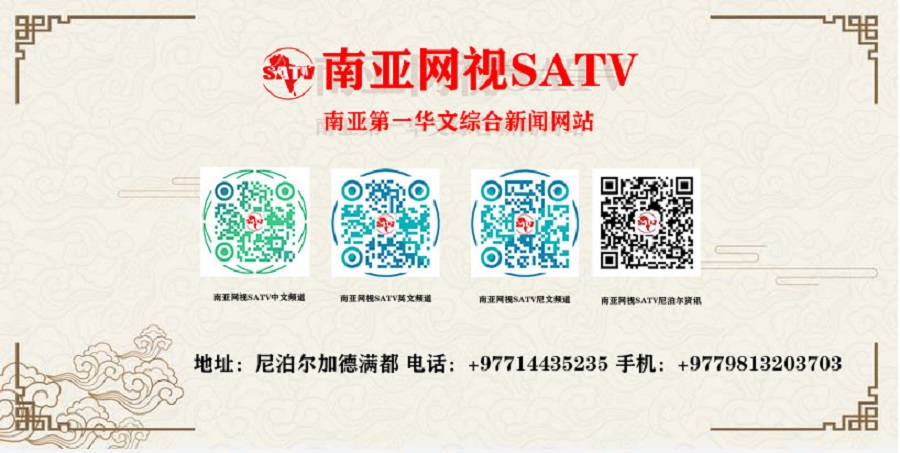
Chief Justice Cholendra Shumsher JBR File Photo
Nepal's top judge has come under fire after courting a series of controversies, and calls have grown for him to step down.
Legal practitioners and former justices have suggested that Cholendra Shumsher Rana should clear the way for maintaining the sanctity of the judiciary if he cannot clean up the mess that the judiciary is now in because of his actions.
Rana's latest run into controversy was his demand for a share in the Cabinet.
The ruling coalition had even appointed Gajendra Hamal, a district level leader of the Nepali Congress and a relative of Rana, as industry minister. After a hue and cry, Hamal resigned, within 40 hours of his appointment. Hamal was said to have been appointed at the behest of Rana.
Though the ruling coalition defended the appointment, Hamal’s resignation raised questions if Rana indeed was involved.
Chief Justice Rana, however, has been embroiled in controversies in multiple events in the recent past.
Rana’s role as the chief justice had come into question while forming the Constitutional Bench to hear petitions against the dissolutions of the House of Representatives, in December last year and May this year by then prime minister KP Sharma Oli. The bench, led by Rana, however, restored the House both times.
Rana’s reluctance to conduct a hearing on petitions against constitutional appointments also has led to suspicions.
Rana as chief justice is a member of the Constitutional Council that recommends appointments to constitutional bodies. As many as 52 appointments were made to various constitutional bodies on the basis of a controversial ordinance introduced by Oli in December last year to amend the Constitutional Council Act.
Former justices say it’s incumbent upon the sitting chief justice to maintain the dignity of the judiciary. If the judiciary faces a crisis, it's the chief justice who should take the lead, according to them.
Balaram KC, a former Supreme Court justice, said Nepal’s judiciary has come to such a pass that it runs the risk of losing credibility.
“If such a situation continues, the judiciary will fall apart… people will start losing their faith in the judiciary,” KC told the Post. “Therefore, things must be fixed before it’s too late.”
Nepal’s judiciary by and large has a great history of maintaining its independence and it has in the past performed its duty without being influenced by the executive or any other “power centres”.
That corruption is rife within the judiciary has been reported once in a while and even a panel led by a justice said in its report that there is corruption in the Supreme Court. The panel led by justice Hari Krishna Karki had also made a host of recommendations to fix the anomalies in the judiciary.
Rana, however, faces charges of not paying heed to the recommendations.
“If you cannot lead, you should leave. It’s as simple as that,” said KC, the former justice. “Bar associations of Nepal also must get their acts together to save the judiciary. The chief justice running into controversy does not bode well for the judiciary.”
Meanwhile on Friday, Former Judges’ Forum, Nepal said in a statement that since Chief Justice Rana’s conduct and behavior have come into question, he should provide a way out.
Though the former judges have not explicitly called for Rana’s resignation, they have said Parliament should fulfil its constitutional duty, hinting at an impeachment motion against the chief justice.
The only way a sitting chief justice can be removed is an impeachment motion. One fourth of Parliament’s members can register an impeachment motion against a chief justice, but to remove the top judge, the motion must be endorsed by a two-thirds majority of the members. The chief justice, however, cannot discharge duties once such a motion is registered.
“It would be appropriate for the chief justice to act to maintain the dignity of the judiciary and uphold people’s faith in the judiciary as well as to ensure its independence,” reads the 16-point statement issued by the Former Judges’ Forum. “But if the chief justice refuses to give a way out, we appeal to the Parliament to fulfil its constitutional responsibility of probing into all the controversies surrounding the chief justice.”
The Nepal Bar Association on Friday held a meeting to discuss the controversies surrounding the chief justice.
Rakshya Bashyal, a vice-chair of the Association, said they have decided to meet with Chief Justice Rana to discuss all the issues, including ways to assign the “cause list” for cases. A cause list is decided by the chief justice who designates cases and benches.
The Karki-led panel had suggested a computerised (automated) system for selecting benches and until that happens, it had called for a raffle system to designate benches to avoid “bench shopping”.
“Bench shopping” is a phrase widely used to “select” benches depending upon the cases, where “middle men” are said to be active, fueling corruption.
Chief Justice Rana had publicly agreed to begin the raffle system from September 1. But he did not.
The controversies surrounding Chief Justice Rana and how he is going to handle them could be a watershed moment for Nepal’s judiciary, according to former justices.
“This could also be an opportunity to bring changes in the judiciary,” said Anup Raj Sharma, a former chief justice. “If the chief justice fails to come clean in the wake of controversies he has courted, it could be detrimental to Nepal’s judiciary. Also, the entire judiciary must not suffer due to an individual’s incompetence.”













